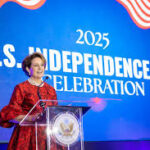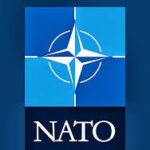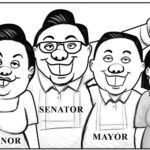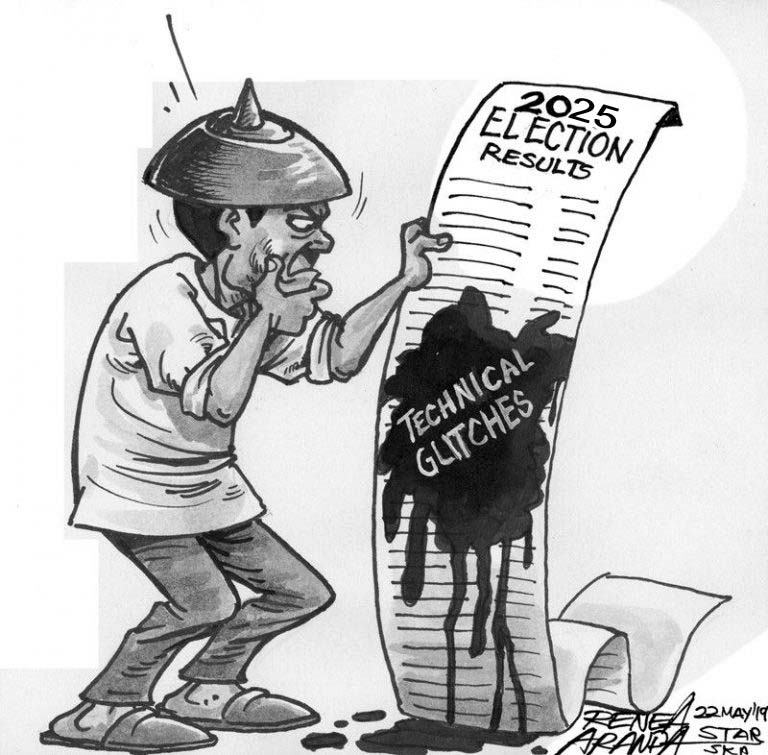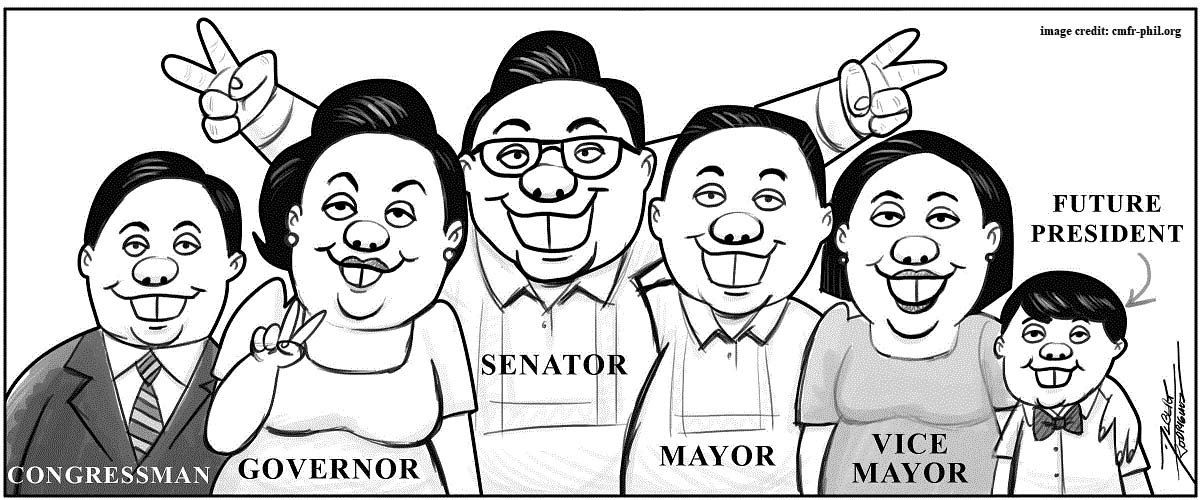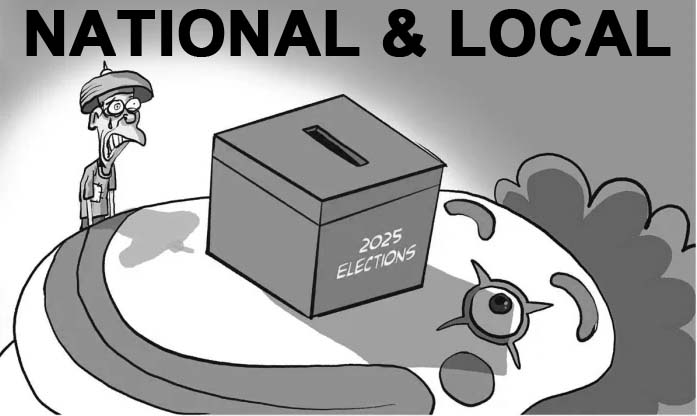Sheilla Cajayon Ysug-Lee, R.N.
As the May 2025 local and national elections in the Philippines approach, aspiring candidates are gearing up to present themselves to the voting public. In a country where politics is a dynamic and ever-evolving landscape, a well-crafted campaign strategy is crucial for success. This editorial will explore the essential elements of effective political campaign strategies for the upcoming elections.
The first step in creating a winning campaign is to understand the voter. The Philippine electorate is diverse, with varying interests, values, and priorities. Candidates must conduct thorough research to identify the key concerns and aspirations of their target audience. This could include issues such as job creation, infrastructure development, healthcare, education, and good governance.
In today’s digital age, online campaigning is no longer a novelty but a necessity. Social media platforms, in particular, offer a powerful tool for reaching a wider audience, especially the younger voters who are increasingly active online. Candidates should leverage these platforms to share their vision, engage with voters, and build a strong online presence. A robust digital campaign can help humanize the candidate, build trust, and create a lasting impression.
While digital campaigning is essential, it should complement, not replace, traditional grassroots organizing. Building a strong network of local supporters, volunteers, and barangay leaders is critical in securing votes. Candidates should focus on building personal relationships with voters, attending local events, and addressing the specific needs and concerns of their constituency.
A policy-based campaign is vital in the Philippines, where voters are increasingly discerning and demanding. Candidates should develop and articulate clear, well-researched policies that address the pressing issues facing their constituents. This approach not only showcases the candidate’s expertise but also provides a framework for governance.
In the Philippines, coalition building is a crucial aspect of campaign strategy. Forming alliances with other candidates, parties, or organizations can help expand a candidate’s reach, build credibility, and create a stronger electoral presence. However, such coalitions should be based on shared values and policy goals, rather than mere expediency.
The debate on negative versus positive campaigning continues. While highlighting an opponent’s weaknesses may yield short-term gains, it can ultimately backfire and damage the candidate’s reputation. A positive campaign, on the other hand, focuses on the candidate’s vision, policies, and achievements, allowing voters to make an informed decision based on substance rather than mudslinging.
The issue of campaign finance reform is critical in the Philippines, where money plays a significant role in electoral politics. Candidates should consider adopting transparent and accountable fundraising practices, as well as publicly disclosing their campaign expenditures. This approach can help level the playing field and reduce the influence of money in politics.
The youth are a critical demographic in Philippine politics, with over 50% of the population under the age of 30. Candidates should prioritize youth engagement, addressing issues that resonate with young voters, such as education, employment, and climate change. By harnessing the energy and idealism of the youth, candidates can build a strong and loyal support base.
The May 2025 Philippine elections will be a critical moment in the country’s democratic journey. Aspirants who adopt a comprehensive campaign strategy that incorporates these essential elements – understanding the voter, digital campaigning, grassroots organizing, policy-based campaign, coalition building, positive campaigning, campaign finance reform, and youth engagement – will be well-positioned to succeed. Ultimately, the most effective campaign strategy will be one that prioritizes the needs and aspirations of the Filipino people, rather than mere politicking or self-interest. By focusing on substance over style, candidates can win the hearts and minds of voters and build a brighter future for the Philippines.





